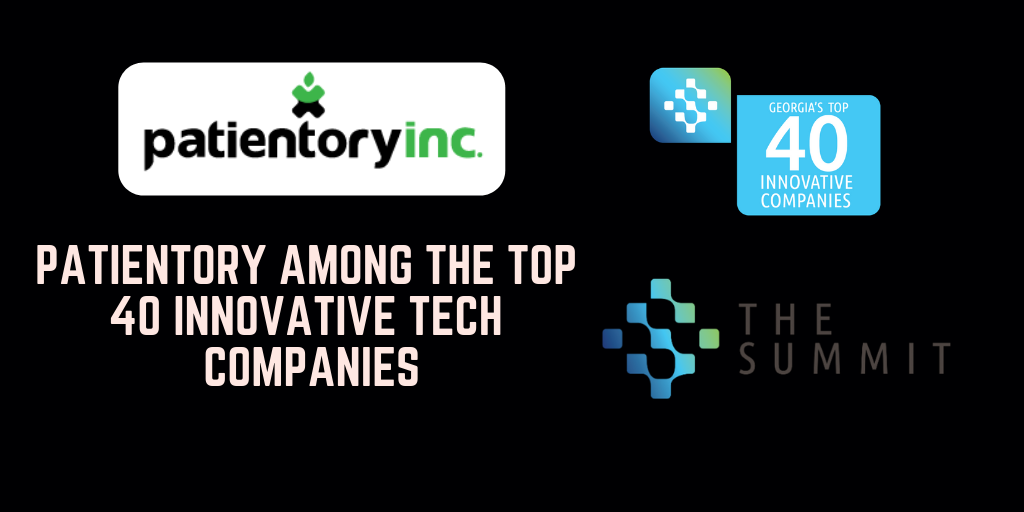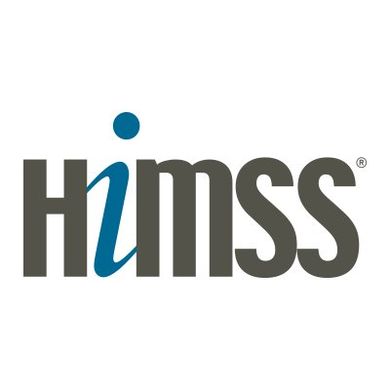Technology Association of Georgia Honors 40 Companies for Innovation and Contributions to the State’s Technology Community

ATLANTA — (January 29, 2019) — The Technology Association of Georgia (TAG), the state’s leading association dedicated to the promotion and economic advancement of Georgia’s technology industry, today announced Patientory as one of its Top 40 Innovative Technology Companies in Georgia. TAG will recognize honorees at The Summit 2019 event on February 11-12, 2019, at the Cobb Galleria Centre.
TAG’S Top 40 Awards recognize Georgia-based technology companies for their innovation, financial impact, and their efforts at spreading awareness of Georgia’s technology initiatives throughout the U.S. and globally.
“The 2019 Top 40 finalists are an elite group of innovators who represent the very best of Georgia’s Technology community,” said Larry K. Williams, President and CEO of TAG. “The 2019 Top 40 finalists are shining examples of what makes our state such a hot bed for technology, and we applaud them for standing out as leaders in Georgia’s technology community.”
This year’s Top 40 were selected from among over 90 applications submitted by companies from across Georgia. Companies selected for the “Top 40” will be showcased in an exhibition at The Summit 2019.
“This year’s Top 40 was more competitive than ever,” said Dennis Zakas, chairperson of the Top 40 Selection Committee. “In our quest to showcase the most innovative companies in Georgia, we had to select from an incredible impressive lineup of contenders. The companies that we selected this year are truly outstanding.”
The event – the state’s largest technology showcase – will feature internationally recognized keynote speakers, the honorees of the Top 40 and Top 10 Innovative Georgia Companies competition, the newest inductee into the Technology Hall of Fame of Georgia, 30 breakout sessions on global tech trends, and a two-day exhibitor showcase.
ABOUT PATIENTORY
Patientory empowers healthcare systems, providers, and consumers with a single, secure application for sharing healthcare data, providing unprecedented insight into each patient’s health and resulting in better, healthier outcomes. Patientory’s applications provide increased insight into an individual’s health management and empowers people to make better decisions, coordinate between care providers, and receive better care overall.
ABOUT THE TECHNOLOGY ASSOCIATION OF GEORGIA (TAG)
TAG is the leading technology industry association in the state, serving more than 30,000 members through regional chapters in Metro Atlanta, Athens, Augusta, Columbus, Macon/Middle Georgia, and Savannah. TAG’s mission is to educate, promote, influence and unite Georgia’s technology community to foster an innovative and connected marketplace that fuels the innovation economy.
Additionally, the TAG Education Collaborative (TAG-Ed) focuses on helping science, technology, engineering and math (STEM) education initiatives thrive. For more information visit the TAG website at www.tagonline.org or TAG’s community website at http://www.hubga.com. To learn about the TAG-Ed




